Last Tuesday, May 26, the Information Technology Industry Council (ITI) and Movimento Brasil Competitivo (MBC) hosted a virtual roundtable to take in consideration some key elements as Brazil moves forward to developing its own national Artificial Intelligence (AI) strategy. The discussion was sectioned into four parts: 1) what is happening on the global level regarding AI policy development; 2) what role do ethics play in AI governance; 3) what are some of the applications of AI, focusing on the ones related to healthcare and COVID-19; and 4) which is the current stage of the Brazilian regulatory landscape regarding this set of technologies. In this report, LAPIN offers a short view on the roundtable, pinpointing its highlights. Mario Romao (Intel) was the first speaker of the roundtable. Mr. Romao highlighted that a new wave of AI policy instruments emerged in 2017, which sum to the current amount of about 40 AI policy strategies from governments around the world. Although each strategy has its own specificities, it’s possible to find some common ground. Mr. Romao pointed that these strategies have been designed on a data-driven approach, since data input is essential for machine learning. Three main sets of characteristics seem to be common on AI strategies: 1) competitiveness and the adoption of AI, 2) socio-economic impacts of AI (e.g. how disruptive will be AI to human workforce) and 3) ethical and legal implications of AI (how human/fundamental rights can be ensured). Mario Romao also stressed that intergovernmental organizations – such as OECD, which has already published a set of principles regarding AI – can play the important role of harmonisation of different strategies in the regulation of AI.
Norberto Andrade (Facebook) also highlighted the value of intergovernmental organizations’ work such as the OECD’s. Mr. Andrade first drew attention to the fact that there are already regulations, ongoing practices and frameworks in specific industries that can be applicable to AI, putting that there’s no need to “reinvent the wheel” when it comes to AI regulation efforts. In order to maximize benefits and minimise concerns, Mr. Andrade calls for a holistic approach in AI regulation, meaning that government regulations, coregulatory approaches and soft law must coexist. Thus, multistakeholderism must be fostered whenever discussing Artificial Intelligence. He also highlighted that the approach should be based on principles and directed towards international application.
Fernanda Viegas (Google) opened her speech with the remark of the positive benefits the healthcare sector is reaping from the usage of AI, especially in regard to issues that haven’t been solved for decades, such as cancer. She proceeded to list some key points related to the usage of AI in healthcare, such as how it can improve access to health services. As an example, we can cite telemedicine services, which allow health services to reach regions that the traditional healthcare system isn’t able to so far. This does not mean that medical physicians are being replaced by AI, but rather that they are having their own work amplified in an assistive manner. According to Ms. Viegas, this is the case of diagnosing diabetic retinopathy in Thailand and India, where AI was a handy tool to identify the pathology. Furthermore, Ms. Viegas highlighted how AI techniques, such as Natural Language Processing (NLP) has been helping medical professionals and researchers surf through the vast academic content that has been written about Covid-19. Moving on, she addressed the importance of empowering humans to deal with AI, stressing that this technology does not exist in a mathematical vacuum, hence it must always be studied and approached in a human-centered fashion. When addressing the issue of explainability, i.e. how to explain machine decision-making of so called “black box” systems, Ms. Viegas stressed that, although it is extremely important,attempts to do it are neither easy nor free. As the Google representative pointed out, explaining an entire system is an herculean task, especially if we take in consideration that many systems are compounded of not one, but several machine learning models. Finally, Ms. Viegas reiterated the need for tailoring explanations in a human, readable and meaningful fashion, since often times simply providing the open code will prove useless due to the hardships of reading technical language.
The last speaker of the roundtable was Miriam Wimmer (Brazil’s Ministry of Science, Technology, Innovation and Communications), who dedicated her talk to addressing the main issues regarding the regulatory landscape of AI in Brazil. Ms. Wimmer opened her remarks talking about how AI has grown to become a type of technology which people get in touch within a daily basis. The Brazilian government has been in touch with multiple stakeholders interested in artificial intelligence matters since 2017, one year prior to the launch of the Brazilian Strategy for Digital Transformation. In addition to strengthening cooperation with the European Council in matters of AI, the Brazilian government has also endorsed the OECD principles. Ms. Wimmer concluded her remarks, reiterating some of the main points mentioned by other speakers, such as the need to involve multiple stakeholders when discussing AI and the matter of fostering a multilevel regulatory approach.
As we have entered the ten final years preceding 2030 and the deadline related to the UN Sustainable Goals (SGs) Agenda, artificial intelligence ranks between the most promising set of technologies that can accelerate the achievement of the SGs, attracting worldwide attention. During the public consultations for the drafting of the Brazilian Strategy of Artificial Intelligence, more than a thousand comments were sent by multiple interested parties. Artificial Intelligence and a data-driven reality have come to change the world as we know it. Therefore, ensuring different voices are heard in the development of strategies and regulatory tools is of uttermost importance in order to secure that these technologies serve and suit human needs. Check out LAPIN’s contribution to the Brazilian Strategy of AI Development, in portuguese, here.





